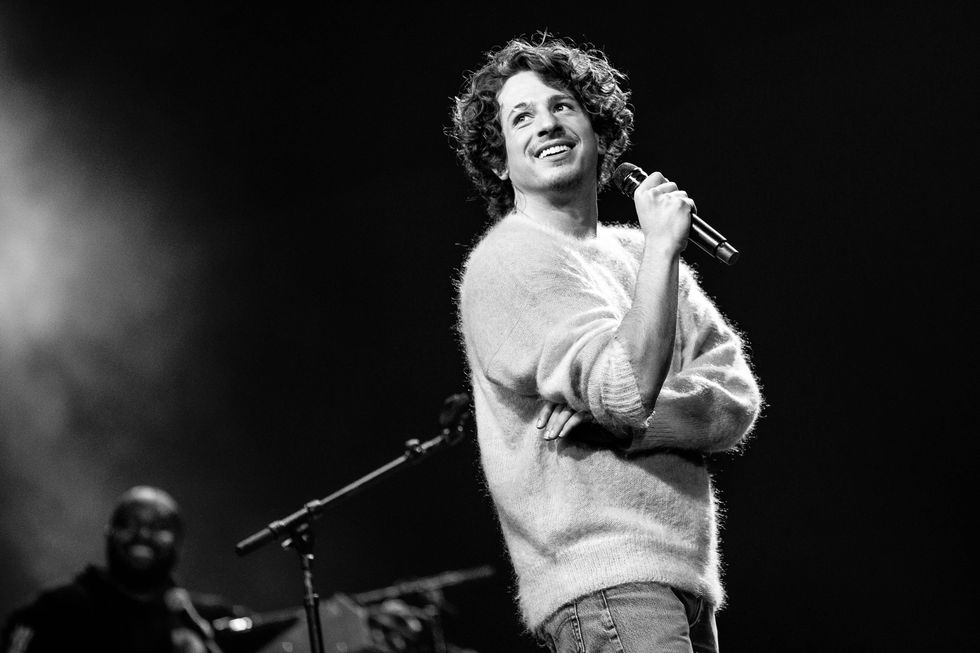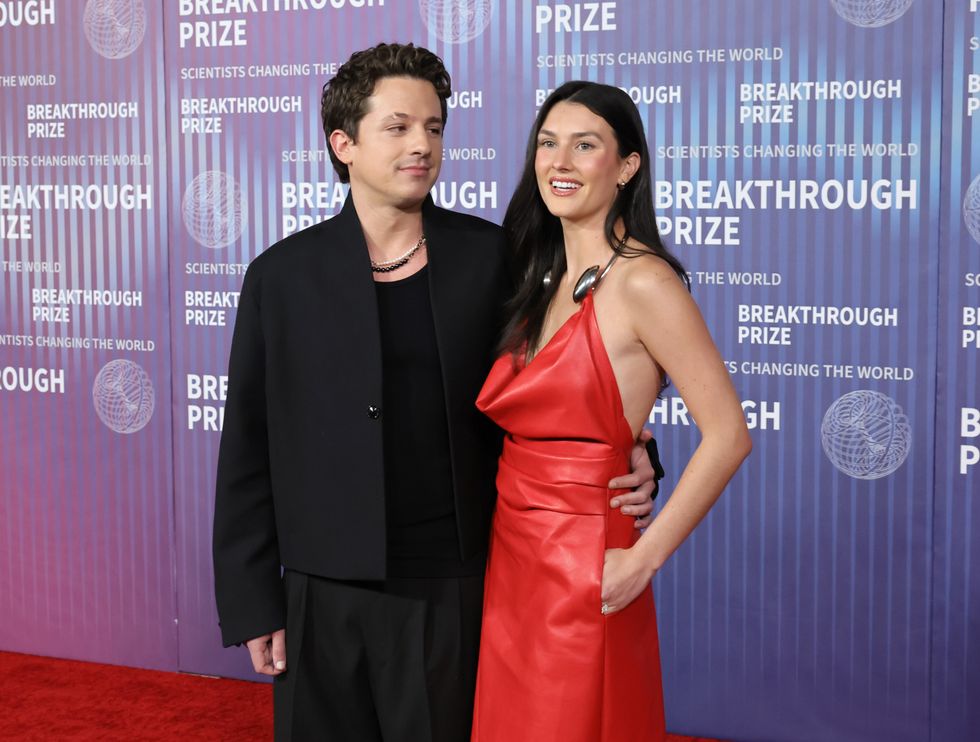SHAAN SHAHID ON HIS NEW FILM AND CROSS-BORDER TIES
by ASJAD NAZIR
WHEN the Pakistani film industry was going through its most difficult period, actor Shaan Shahid was among those who carried it on his shoulders and kept it afloat.
Then with his internationally acclaimed drama Khuda Kay Liye, the A-list actor helped to resurrect the industry and give it a new lease of life, which has resulted in subsequent films clocking up big numbers.
Someone who hails from a film family, Shaan is hoping to continue the impressive momentum of the fast-growing Pakistani movie industry with his latest release Arth: The Destination.
The hard-working star has written, directed and plays the lead in the Pakistani adaptation of Bollywood classic Arth (1982), which is out now.
Eastern Eye caught up with Shaan at a plush hotel in London to talk about his latest movie, extraordinary career, future mission, directing and more.
What made you decide to take on the daunting task of writing, directing and acting in Arth: The Destination?
I belong to a family that has been making films since 1952. My father was a writer/director and my mother was a film heroine. So when I came back from New York, I took up the family business and started acting in films. Later on, when I decided to direct, I went back to City College in New York to do my degree in filmmaking, returned to Pakistan, set up my own production house and started making movies. So it’s a passion for me. I lost my father when I was very young, so I try to find him in all the aspects of my work.
It takes a lot of courage because most other Alist stars aren’t brave enough to write, direct and star in a movie?
(Laughs) Yes, because I think they are too busy making money. You have to feel very passionate about making a film to do it. I think Aamir Khan is known to (ghost) direct his films and gets very involved in everything including the scripts. In Pakistan, we do have a shortage as far as directors and filmmakers are concerned. All the filmmakers come from television, but that is a different medium altogether. So most still need to be nurtured as movie directors.
What drew you to your new film Arth: The Destination?
The collaboration [with an Indian crew] was important. I think we in Pakistan can do for India what China is doing for America. The cost of making a film in India is now so high that I think within five years, they won’t be able to afford to make A-grade films there anymore. They will have to find places where they can go and make films.
I also think Indian scripts are becoming stagnant. So I feel Pakistan is a goldmine as far as scripts are concerned. India should be like China, which was closed up for a while, but then decided to conquer the world. I think it is high time India steps out of its domain and starts producing films in other countries. I hope this adaptation of an Indian classic starts something special between the two countries. So I guess that was the biggest motivating factor.
So you want Arth: The Destination to be a bridge between India and Pakistan?
It would have been very easy for me to name the film something else, but I didn’t and opted for the original because I wanted the Indian audiences to know that there are people out there who want to get connected to them through films. I think this is a bridge we need to develop as humans, without any political powers being involved in it.
You have made Arth: The Destination your own and delivered a new love story, so it’s not a remake, is it?
I took the characters, yet I changed the protagonist because I felt the original was Mahesh Bhatt saab’s own story. I didn’t play along with that and opted for another protagonist. I felt the original had unanswered questions like what happened to the other guy who really loved? What happened to him, where did he disappear and where did he come from? These questions and answers gave me another universe altogether. So I had a lot of room to play with. I added a lot of other elements to it and gave it a new look because I wanted people of today’s generation to connect with the story and music. I wanted to bring the classic masterpiece Arth and connect it with whatever is happening now. It was about keeping the soul and giving it a new body.
What was the biggest challenge you faced as a director?
(Smiles) To look after everyone else. I am a pampered baby myself, but here I had to pamper others and get the kind of work I needed from them. The infrastructure to becoming an actor in Pakistan is not available, so no one is there to teach you. Everyone is a natural. And it’s beautiful to cater to the natural actors, but also very difficult to control them. But I had fun doing it.
You are known to be a perfectionist. What was it like directing yourself as an actor?
From the first day while I was writing the screenplay and dialogues, I was directing and correcting myself each step of the way. So by the time I had finished writing I had locked my character, moves and everything else. So I had that data in my mind on the sets, so I was just a one-take actor. I knew exactly what I wanted from myself.
You are the most successful Pakistani film star of the modern era. Do people get intimidated when they are on set with you?
I make sure that they don’t. I hide that, what you would call ‘stardom’ and everything else. I become a normal person. I become a director who gives everyone a comfort zone to work in. It’s very important for me to give them that because it’s difficult to act in front of me. So I create that good working space and environment where they can do good work.
What is your favourite moment in the film?
It is a movie with lots of beautiful moments, Asjad. If I had to choose one, it is when he cannot say what he wants to the girl and is trying his best. Then there comes a time when he expresses himself, and it backfires. So that moment was very delicate and it needed to be handled well.
Arth: The Destination is a romance, but how romantic are you in real life?
I am a hopeless romantic. I think you need to be one to feel emotionally connected, even if it’s just by looking at something. When you feel emotions, you can fall in love with a thought, poetry or anything else. I think love is a sponge that absorbs every emotion. So for me, being romantic is really important, as it is for any actor.
Your film Khuda Kay Liye was the biggest turning point for Pakistani cinema. You must be happy with the progress the industry has made since then?
I still feel sad in a lot of ways because I think there is a lot of support that needs to be there from the media to the government, including helping productions done in Pakistan. We still have a long way to go, but when someone writes history, they will say we took the first initiative with Khuda Kay Liye, which was the turning point.
Does being the figurehead of Pakistani cinema put pressure on you?
It can put a lot of pressure, but I don’t take it. For me, my work is done when I am finished on a film. After that it’s for the audience and the Almighty to put colours in it. But I do feel the responsibility of leading the clan. It is very important for me to show them the way and where they need to go in the next 10 years. So I feel I can guide or tell them where the industry should be and Arth: The Destination is a film that can do that. It’s the first collaboration and you will see this trend grow.
You carried Pakistani cinema on your shoulders when it was going through a bad phase and then resurrected it. What are your long-term hopes?
I will feel happy if India welcomes Pakistani films like we welcome Indian films in Pakistan. I think more productions should be made in Pakistan, including from India. We share a border and share a common cinematic language.
You are a talented actor, but why haven’t you ventured outside Pakistan for projects?
I feel like I have a huge responsibility on my shoulders. Not for my own portfolio, but for the whole Pakistani film industry. I need to show the way and lead them to where the industry should be going in the next decade. I know a lot of people will say who is he and why is he taking the initiative? But I feel I need to give back in my own way because this industry has given birth to me. My parents fell in love on a film set. So I have a deeper feeling for it. Rather than doing it for selfish reasons like money and building my portfolio, I want to help it grow. I am content with what I have done in Pakistan and now want the country to do well. I want Pakistani films to do well all over the world.
Finally, why do you love cinema?
I have a lifelong love story with cinema. I come from a film family that goes back to 1952. It is in my blood. My father proposed to my mother on a set in a film while they were shooting. I take the liberty of calling myself the royal child of the film industry. So I have a deep feeling for cinema that I can’t describe.





 Actress Bella Thorne and Charlie Puth attend the Y100's Jingle Ball 2016Getty Images
Actress Bella Thorne and Charlie Puth attend the Y100's Jingle Ball 2016Getty Images  Bella Thorne's commentInstagram Screengrab
Bella Thorne's commentInstagram Screengrab  Charlie Puth performs onstage at an interactive global eConcert liveGetty Images
Charlie Puth performs onstage at an interactive global eConcert liveGetty Images  Bella Thorne and Mark Emms attend a red carpet for the movie "Priscilla"Getty Images
Bella Thorne and Mark Emms attend a red carpet for the movie "Priscilla"Getty Images Charlie Puth and Brooke Sansone attend the 10th Breakthrough Prize CeremonyGetty Images
Charlie Puth and Brooke Sansone attend the 10th Breakthrough Prize CeremonyGetty Images











